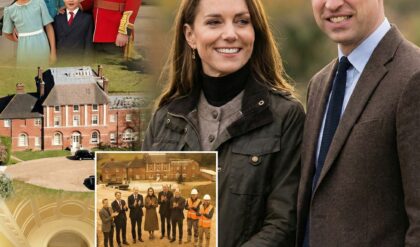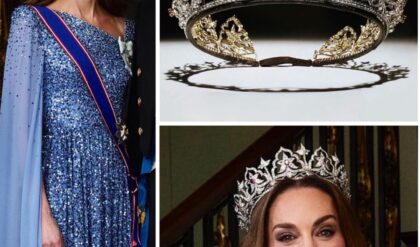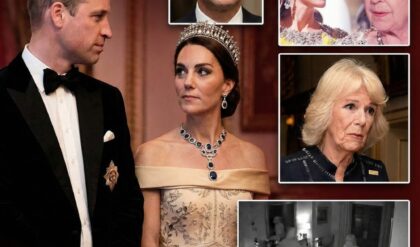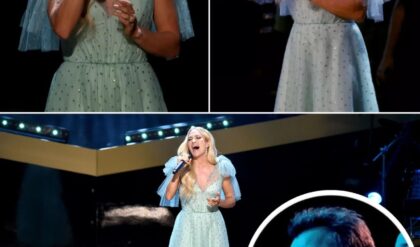Westeros is facing its most destructive war in ages as the second season of House of the Dragon sees the feuding Targaryen family live up to their House’s words: fire and blood. After decades of tightening tensions, the succession conflict between the Greens and the Blacks has brought everything they feared; there is destructive dragon fire, clandestine political scheming, and interpersonal conflicts that reflect generations of familial trauma. But for all its promises fulfilled, the season has been sorely lacking in one critical component. Though the war is being fought in her name, Rhaenyra Targaryen (Emma D’Arcy) has been conspicuously absent and inactive for much of the season. While an ensemble cast is typically one of the series’ strengths, its lack of focus on Rhaenyra has been a glaring misstep in the overarching narrative, causing this season to feel less cohesive than the previous. The series simply isn’t spending enough time with Rhaenyra, whose limited screentime has left her faction’s side feeling aimless, falling prey to repetitive storylines deep into the season. As one of the central figures in the story, Rhaenyra needs more screen time not just to highlight her own personal complexities but also to refocus the narrative by giving it the emotional weight it needs to truly be impactful.
Rhaenyra Is Too Passive and Reactive in ‘House of the Dragon’
One of the areas in which House of the Dragon Season 2 has suffered is in its portrayal and focus (or lack thereof) on Rhaenyra. Throughout the early days of the war, Rhaenyra was a passive and reactive character, absent for noticeably lengthy portions of the show. Excluding the first episode where Rhaenyra’s absence was a deliberate and effective choice, her character feels like she’s barely on-screen. Unfortunately, the second season of House of the Dragon has a shortened episode count, with only eight compared to ten from the first season, which makes this lack of screen time even more glaring for such an integral figure.
That’s not to say that Rhaenyra needs to utterly dominate the screen among all the characters. In fact, one of her most impactful moments came in a moment of subtlety. The first episode saw Rhaenyra grieving the loss of Lucerys, flying for days in search of his body, only to return with one striking line, “I want Aemond Targaryen.” This moment is a triumph in acting, perfectly demonstrating Emma D’Arcy’s tremendous presence and charisma as they’re able to shine even with the briefest of lines. But no matter how talented D’Arcy is, Rhaenyra’s complex emotions can only be fully explored in the moments that they are on the screen, and the lack of actual screentime has been a disservice to her all that her character could be.
In the first season, Rhaenyra truly felt like one of the central drivers of the story, pushing the narrative forward with her actions. But now that she sits at the head of Dragonstone, she has felt more like an absentee leader, a figurehead more than a monarch. So, even when she does receive screen time and focus, her storyline has become annoyingly repetitive and underwhelming. She is forced to remain in the castle for safety, has to deal with a Small Council that doesn’t respect her, and is just plain absent for significant portions of each episode. Admittedly, the issues are somewhat addressed within the story as well, as Rhaenyra does express her own frustrations at being cooped up in the castle. But with only a few episodes left, just how much can she accomplish in this arc of the story?
Other Characters Have Taken More Initiative
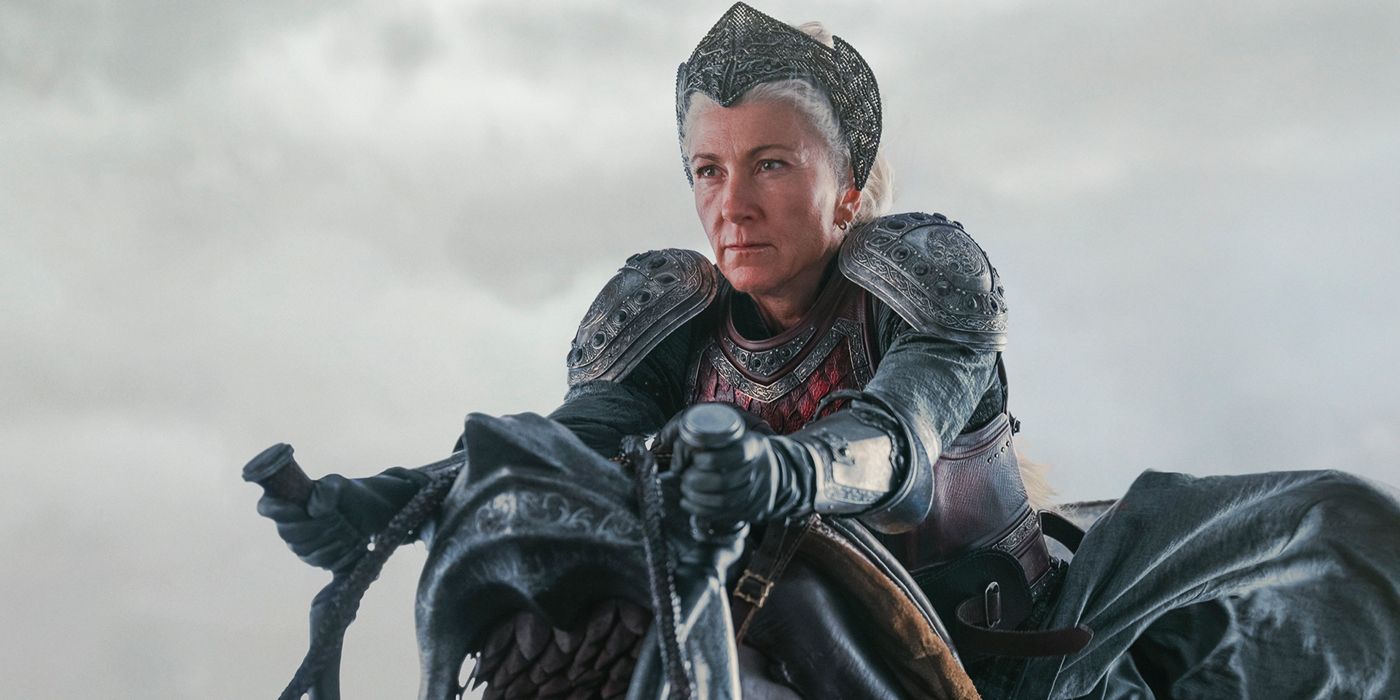
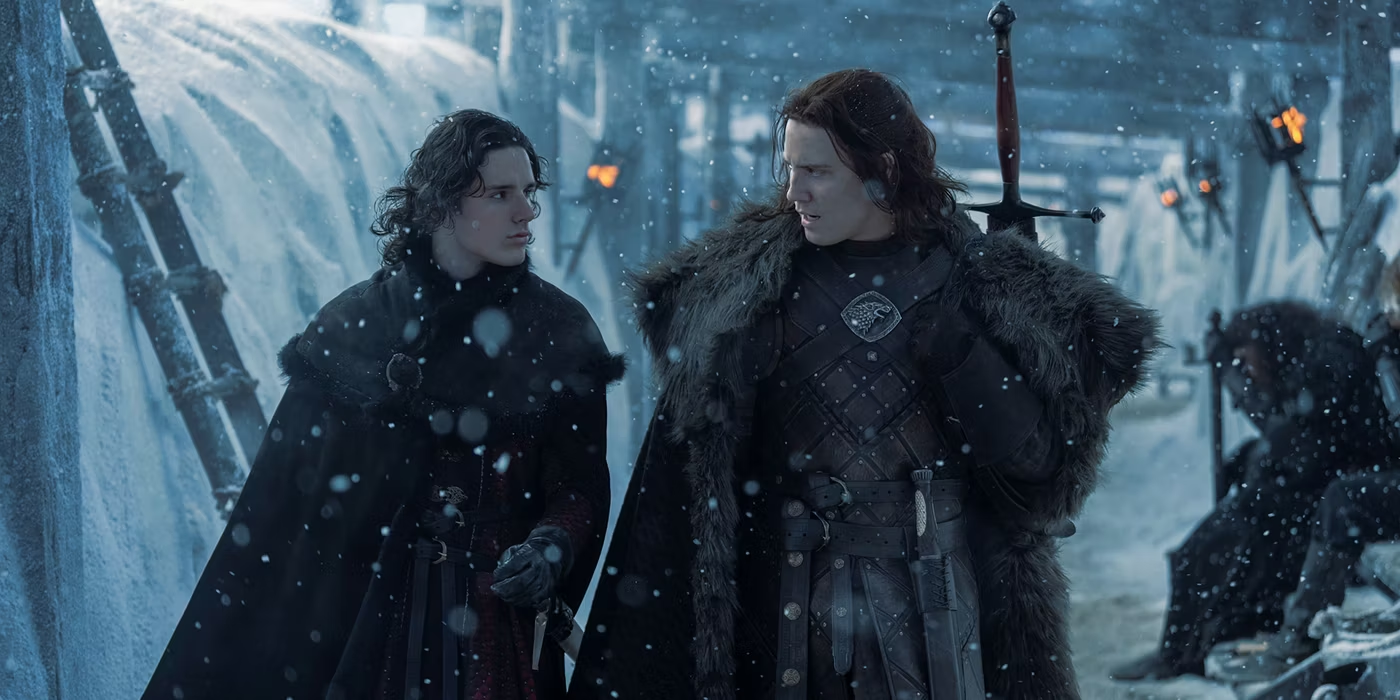
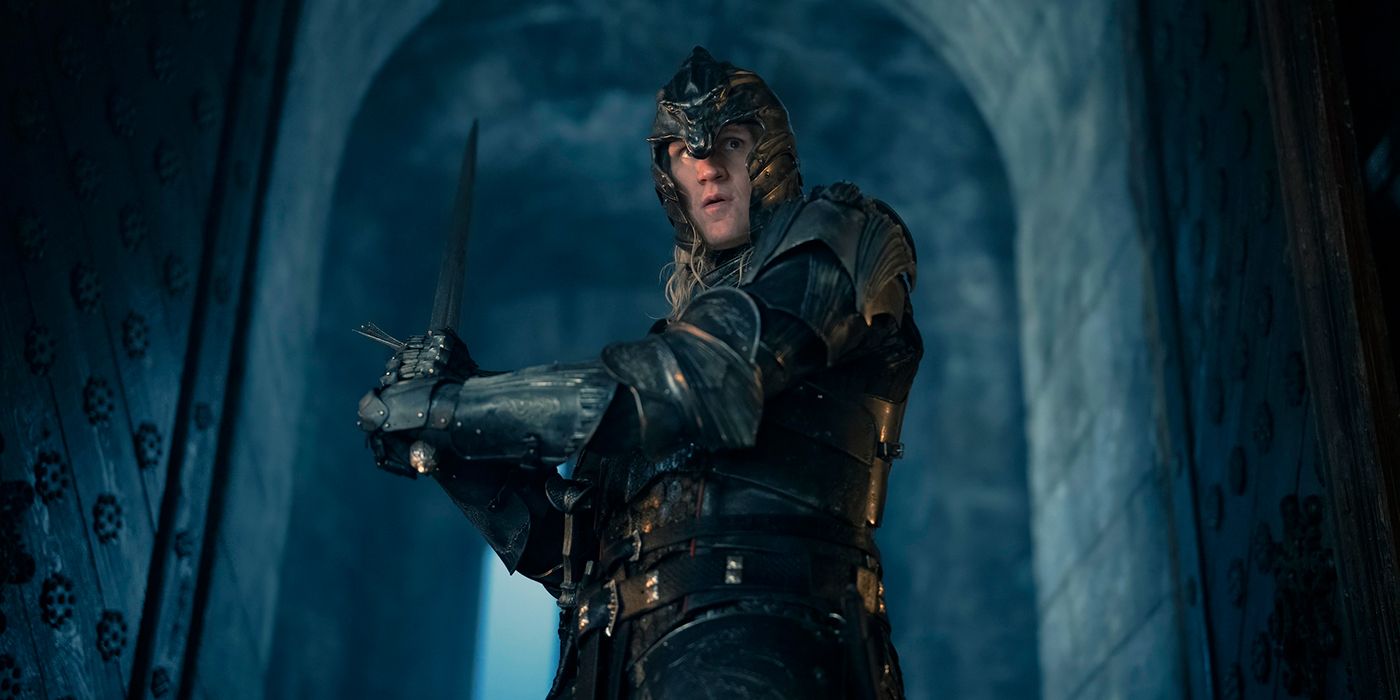
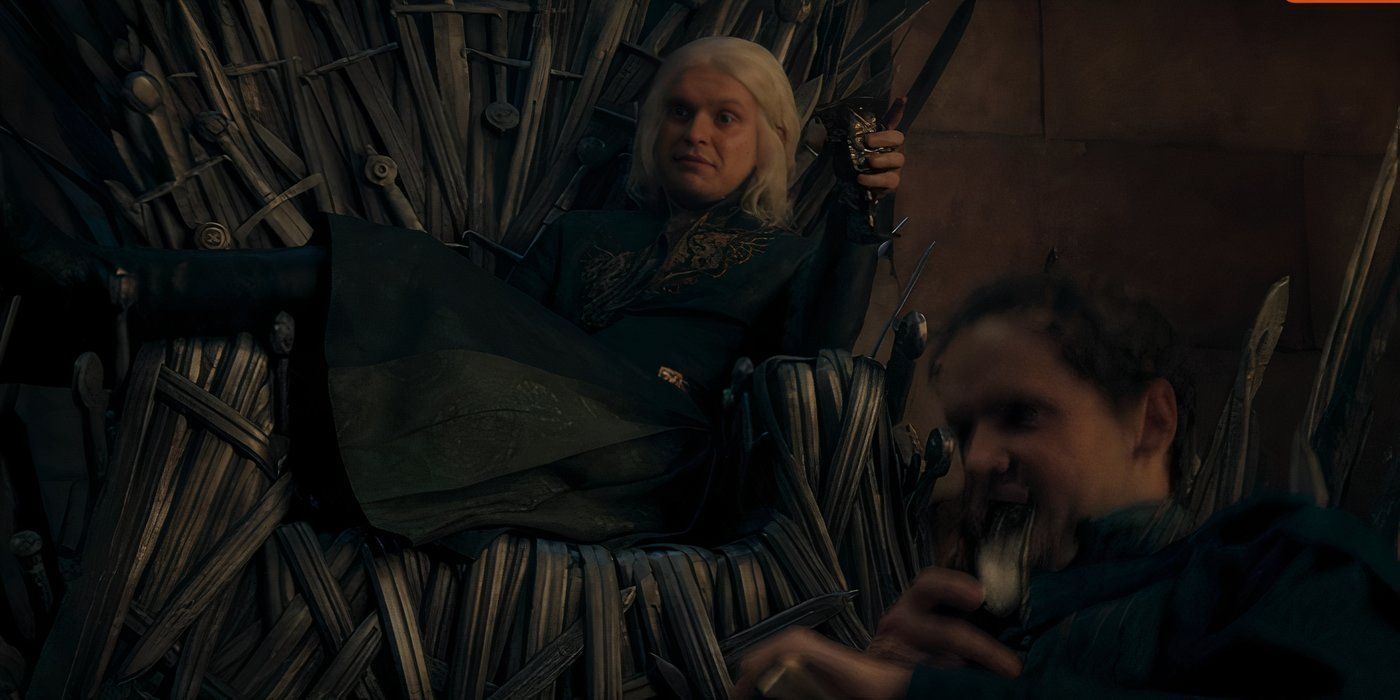
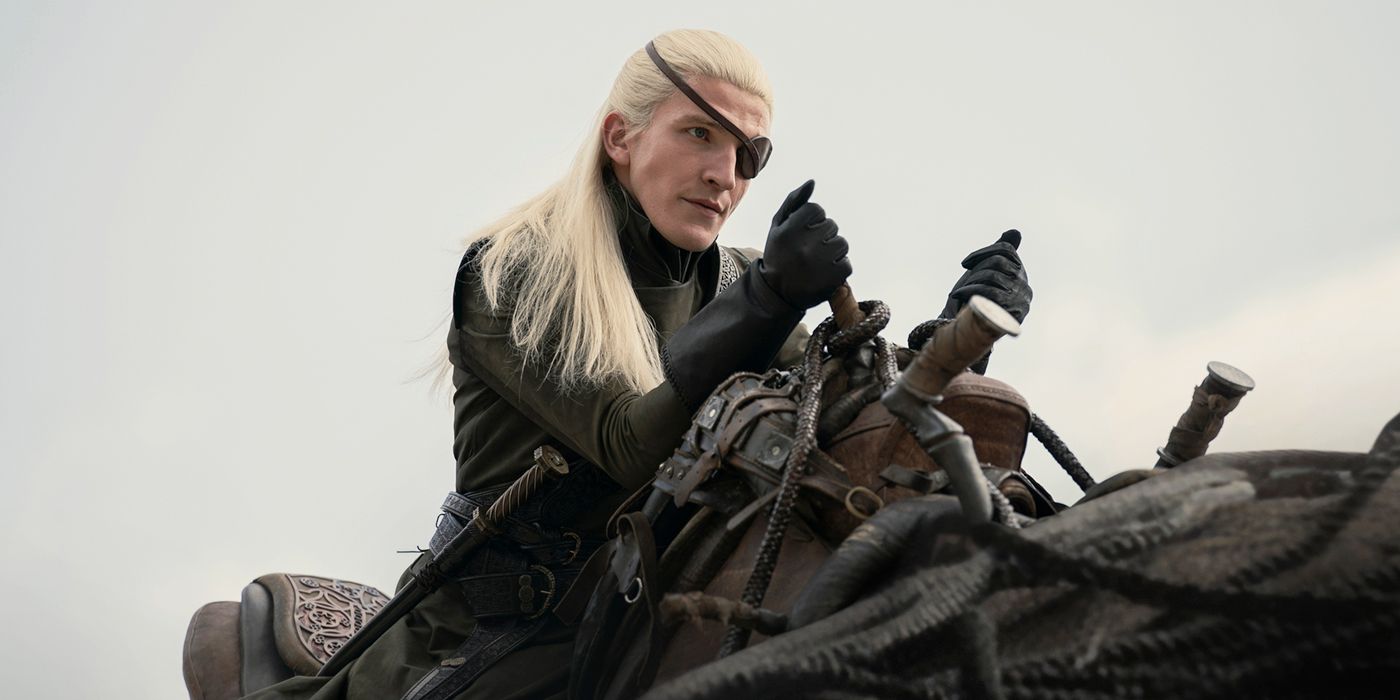





Rhaenyra’s shortened screen time feels more apparent because of how much more active the other characters have been. The versatility and sharing of the spotlight with an ensemble cast isn’t typically an issue; it’s actually one of the greatest strengths of the Game of Thrones franchise. However, the juxtaposition of Rhaenyra’s shortened scenes and passive responses with the active presence of other important characters makes her story beats feel less compelling. For example, her rival across the bay, Aegon II (Tom Glynn-Carney) has been a standout this season. The series took the time to explore his flaws, insecurities, and fear, while still allowing him the time to take action— even if his choices are foolish and naive. Though Aegon will likely receive less screentime after his fall at Rook’s Rest, he received the opportunity to make a significant impact this season. Even Aemond (Ewan Mitchell), who hasn’t been focused on as much as his brother, has lived up to the fears everyone had of him as his military scheming led to the death of Rhaenys (Eve Best), and his own personal ascension to regent.
Many members of the Blacks have also demonstrated more initiative and activity than their queen. Rhaenys volunteered for Rook’s Rest, making a decisive move and sacrifice at a critical juncture in the war. Jacaerys (Harry Collett) has been an effective ambassador for their faction, negotiating with the Starks and Freys to build up Rhaenyra’s army. Even Daemon (Matt Smith) has been off on his own surreal, introspective journey in the haunted wings of Harrenhall, which, despite its frustrating lack of actual support for the Blacks’ cause, has been one of the most engaging character explorations in the season thus far. Rather than complementing and supporting each other’s arcs, the actions of these side characters inadvertently diminish Rhaenyra’s importance, pushing her out of the central narrative and emphasizing her own shortcomings as a ruler.
The Series Has Sanitized Rhaenyra in Season 2
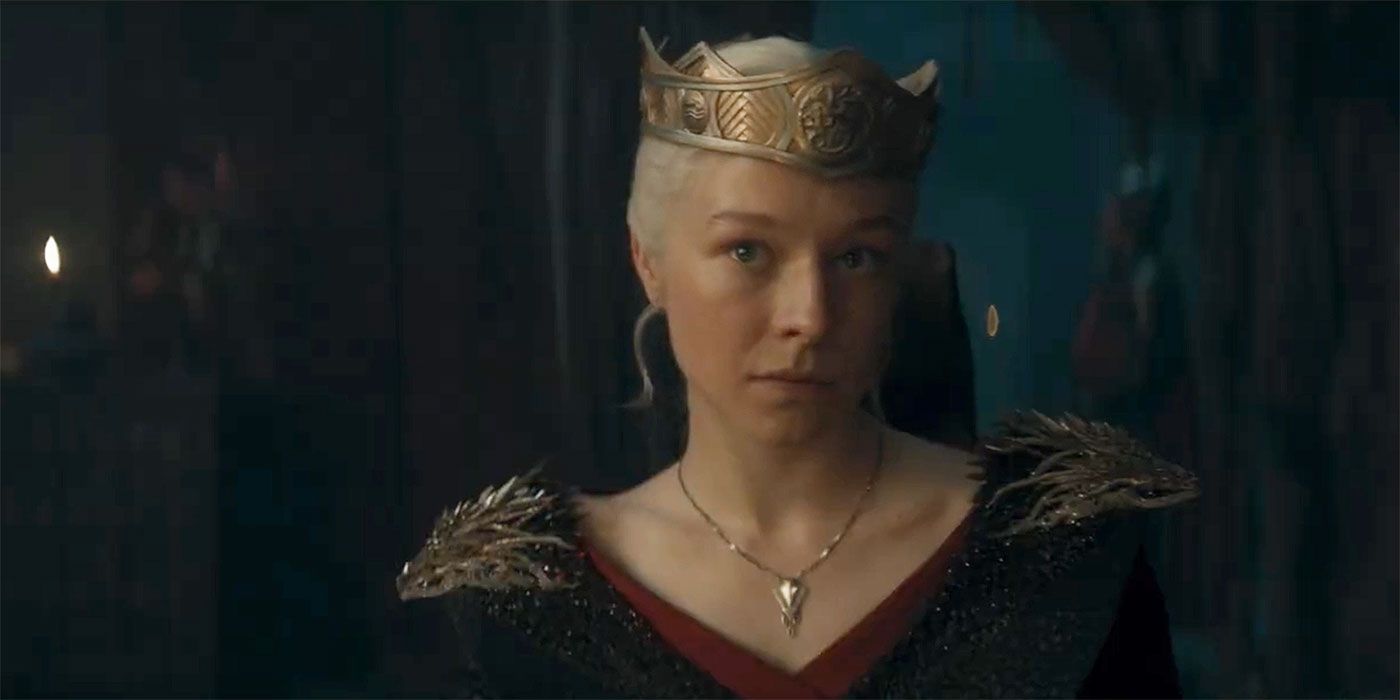
In addition to criticisms about the amount of screen time Rhaenyra has received, what she does with her time on-screen has likewise felt underwhelming. This version of Rhaenyra feels like a sanitized adaptation, robbing her character of the nuanced complexity that makes her such a memorable figure in the tragedy of the Dance of the Dragons. Though the series has taken steps to highlight how the patriarchy restricts and harms the people of Westeros, its lack of nuance has been a detriment to its female characters as well. By framing the female characters as peace-loving and patient, and the male characters as war-hungry and foolhardy, House of the Dragon actually reduces the role and importance of the women in the conflict that is just as much theirs. Rather than allowing characters like Rhaenyra and Alicent (Olivia Cooke) to be complex and flawed characters, their motivations and actions are sanitized, taking away much of the nuance around their stories.
Part of why Rhaenyra’s time on screen has felt like it hasn’t lived up to its expectations is because of how much she’s been limited in this characterization. The series adaptation of the character fits far more into the mold of a traditional hero, rather than a tragic figure in a bittersweet war, a change that actually makes her character less interesting. Supported by the prophecy of the Song of Ice and Fire, Rhaenyra is framed as the rightful heir — a choice that makes the conflict feel two-dimensional, with a clear good and evil side that detracts from its layers of intrigue. While House of the Dragon has done an exceptional job expanding upon the history of the Dance of the Dragons, its limited focus on Rhaenyra and its lack of nuance in brief moments take away much of the stakes and tragedy that made this war such a legendary event in Westeros’ history.
